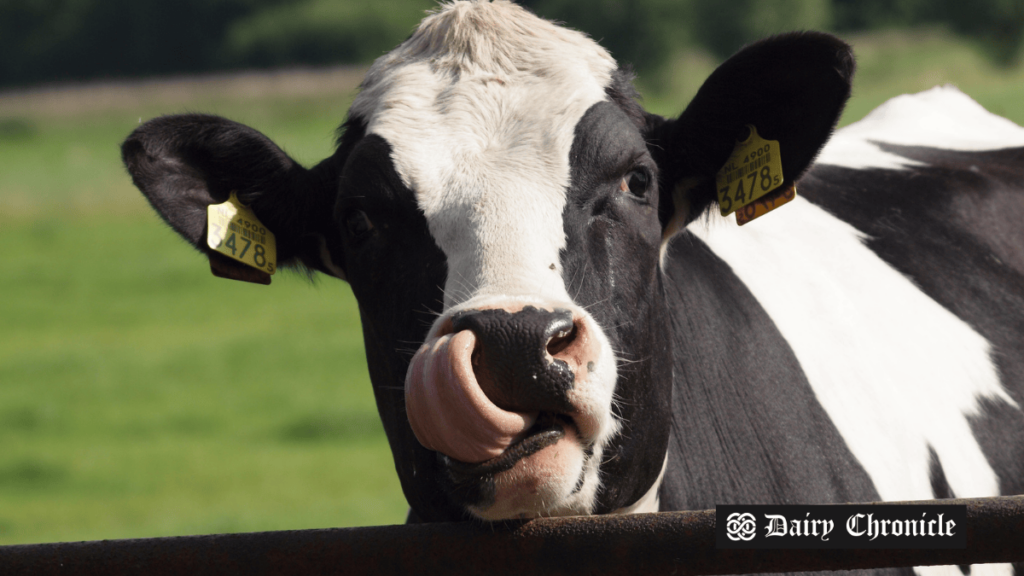The UK dairy industry faces financial challenges in meeting the government’s goal of a 30% carbon reduction by 2030. Becki Reay of Kite Consulting highlights the need for financial incentives to help farmers transition to sustainable practices. Failure to act could lead to contract losses and higher borrowing costs. Processors and retailers must provide more support to ensure industry-wide progress.
The dairy sector in the United Kingdom is under increasing pressure to meet the government’s ambitious target of reducing carbon emissions by 30% by 2030. Speaking at DairyTech, a leading agricultural event held in Stoneleigh, Warwickshire, Becki Reay of Kite Consulting, a UK-based agricultural consultancy firm, stressed the urgent need for financial incentives to help dairy farmers transition to more sustainable practices.
Kite Consulting has been at the forefront of supporting British farmers in achieving sustainability goals, offering guidance on efficiency, carbon footprint reduction, and profitability. Despite progress since the firm’s 2020 report, Reay pointed out that the industry remains behind schedule in meeting its carbon reduction targets.
Reay emphasized that failing to act could result in severe consequences for farmers, including contract losses, lower milk prices, and financial penalties due to the rise of green financing mechanisms. Farmers who do not implement carbon reduction strategies may face increased borrowing costs or limited access to funding.
The call for action extends beyond farmers, as Reay urged dairy processors to take greater responsibility by financially supporting carbon reduction efforts. Aligning financial incentives with sustainability goals is critical for the sector’s long-term viability.
Key strategies outlined at the event include optimizing feed efficiency and adopting genomic testing to enhance herd genetics—both proven methods for reducing emissions. While retailers have begun funding carbon reduction programs through processors, Reay noted that these efforts should be better coordinated to ensure long-term impact.
With just five years remaining until the 2030 deadline, industry leaders stress the urgency of collaborative action among farmers, processors, and retailers. The future of the UK dairy industry will depend on securing financial backing for sustainability initiatives while maintaining efficiency and profitability.
